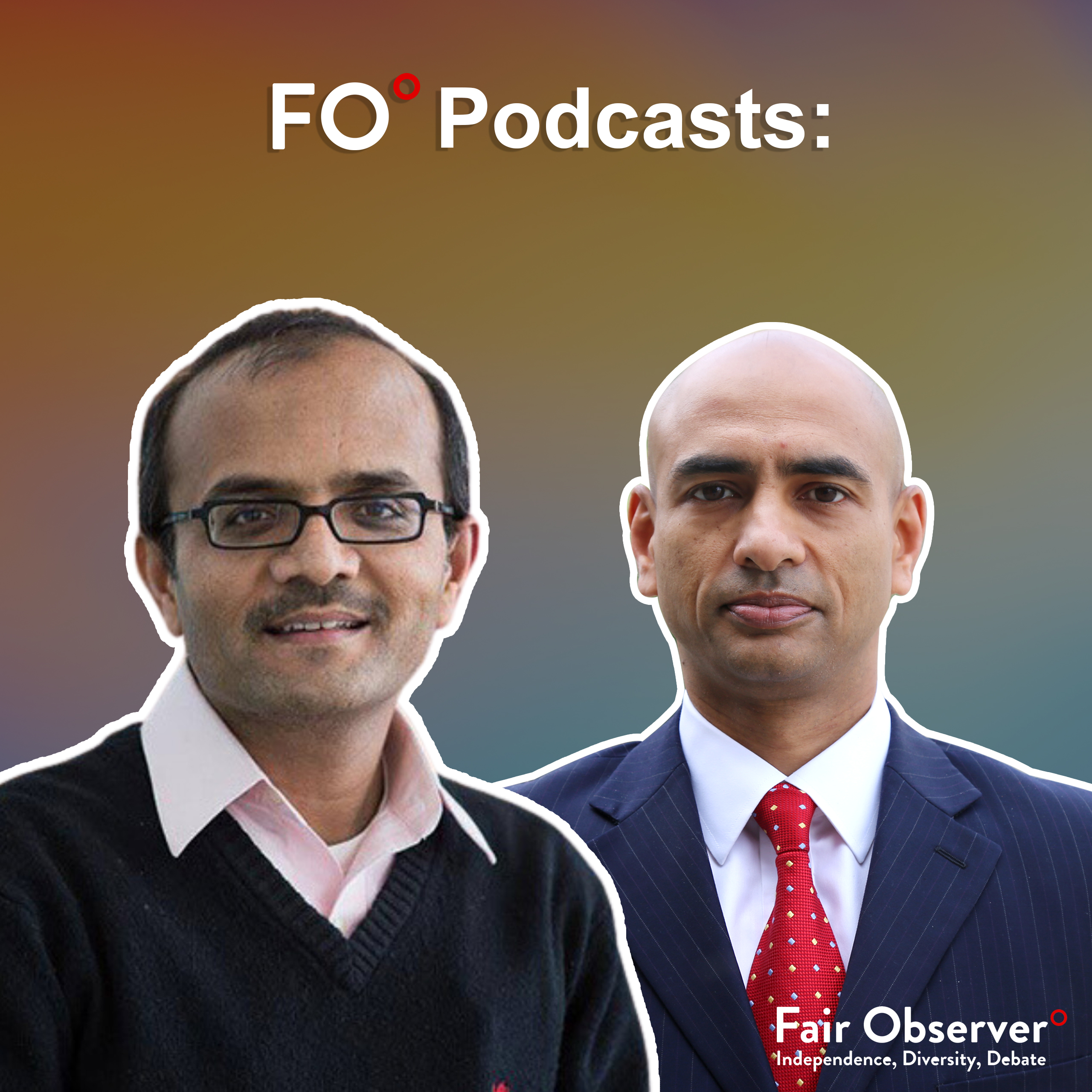The two hosts are back to examine three issues yet again.
Donald Trump’s Court Troubles
The former president has been charged and had to appear in court. The charges are not quite straightforward. Trump and his supporters claim the trial is a witch hunt. His opponents think he deserves to be tried on every charge imaginable. Many political analysts believe that court troubles might fire up the flagging Trump campaign. They are the equivalent of Twitter for the publicity-seeking former president.
Prima facie, it seems that an ambitious prosecutor has brought the court action against Trump. It might have unintended consequences. This attention on Trump is bad news for Florida Governor Ron DeSantis. He was emerging as the leading Republican candidate but Trump’s court troubles have thrust the governor in the shadows. It is too early to tell what will transpire but Trump’s troubles will have enormous consequences.
Taiwan’s President Visits the US
On March 30, Taiwanese President Tsai Ing-wen visited the US and met US Speaker of the House of Representatives Kevin McCarthy at the Ronald Reagan Presidential Library. This upset China and increased US-China tensions over Taiwan.
Tawan, China and the US are caught in an unusually precarious balancing act. Taiwan’s leaders are trying to defend their autonomy without provoking Mainland China. Chinese leaders are asserting ownership without triggering catastrophic war. American leaders are attempting to deter Chinese invasion of Taiwan without provoking that very act. Each country is caught between these two opposing imperatives, making for a very tricky situation.
OPEC+ Cuts Oil Production
On April 2, OPEC+ announced it would cut production by 1.18 million barrels of oil per day. The reduced production comes during a record-high demand for oil and mounting inflation for the global economy. This OPEC+ action spells trouble for poorer countries, which will struggle with inflation, interest rates and debt. It also marks a major realignment of OPEC away from the US after the Russia-Ukraine War.
The deal US President Franklin Delano Roosevelt made with Saudi King Abdul Aziz Ibn Saud in 1945 is now off. As per this deal, the US guaranteed security for the House of Saud while the Saudis promised uninterrupted supply of oil. Now, the US is energy independent and China is the largest importer of Saudi oil. It has managed to broker resumption of diplomatic ties between Sunni Saudi Arabia and revolutionary Shia Iran. A new era has emerged.
The views expressed in this article/podcast are the author’s own and do not necessarily reflect Fair Observer’s editorial policy.











